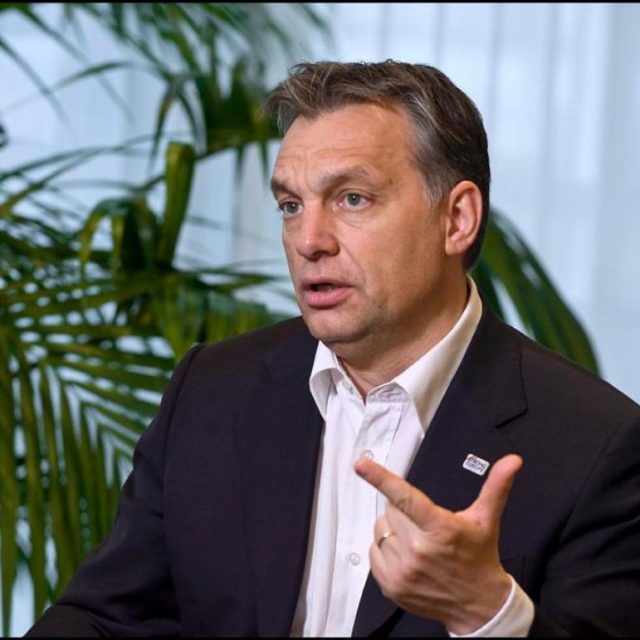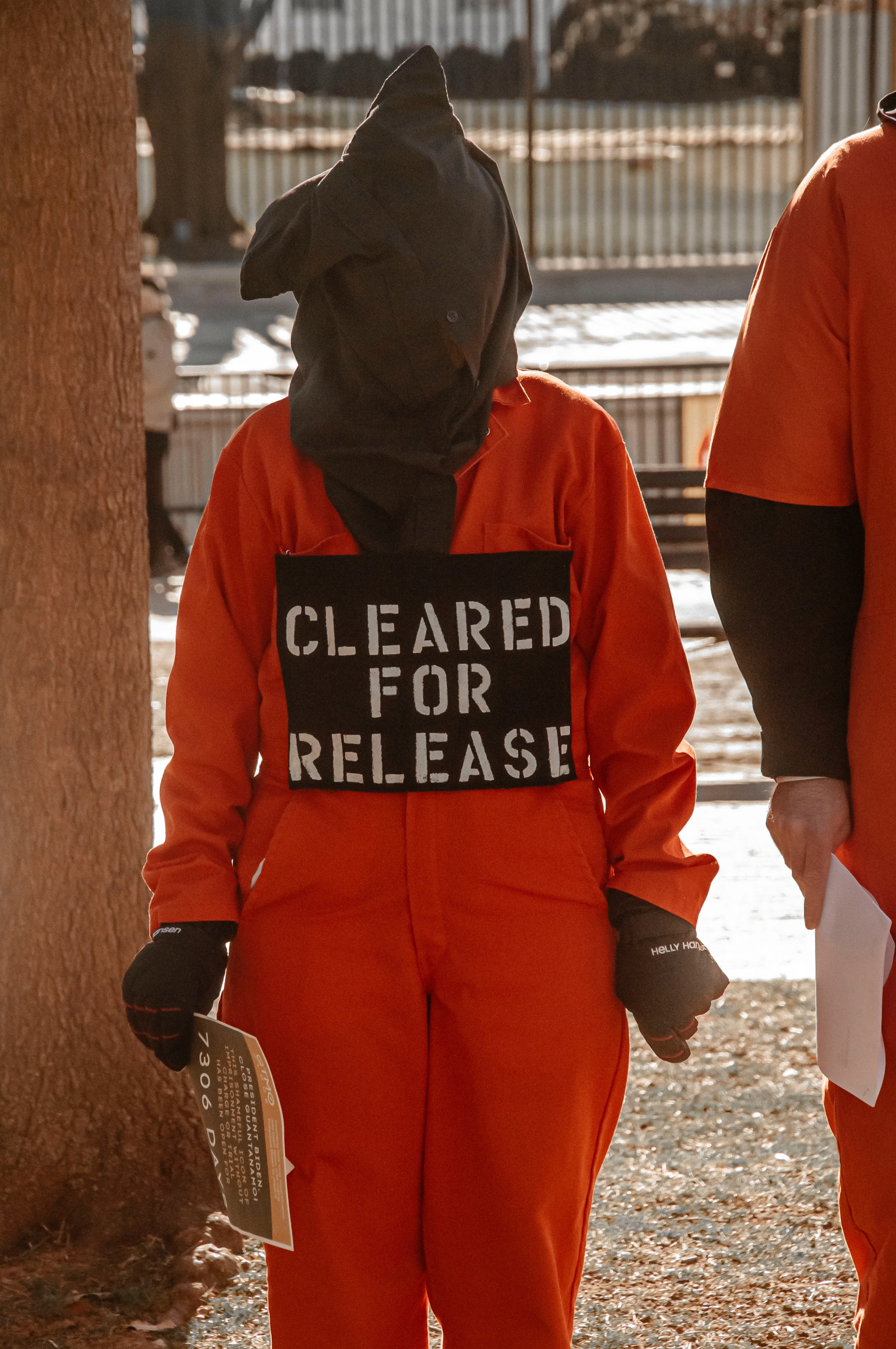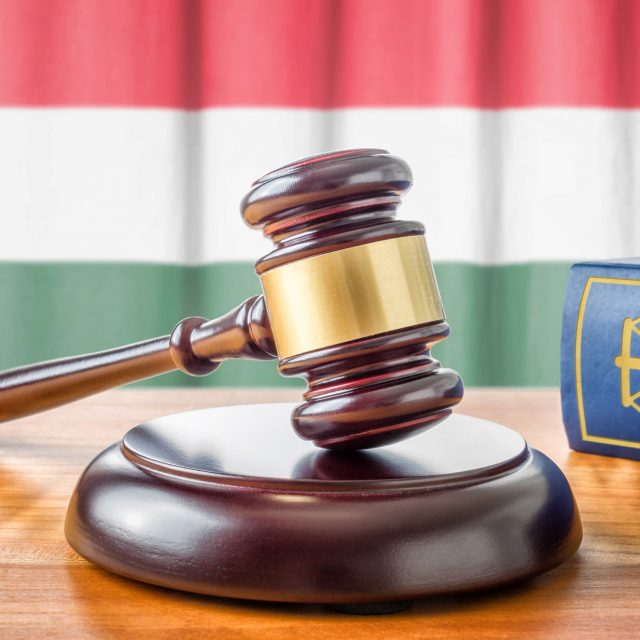Newly elected President of the EPP Donald Tusk gave a wide ranging speech las week to mark the start of the new academic year at the College of Europe in Bruges – and a farewell to his role as President of the European Council
On Brexit, he said he “did everything in my power to avoid the confrontational no-deal scenario.”
He also said “we cannot condemn ourselves to the false alternative of quick integration or collapse of the Union.”
The Pole started by saying, “There are three women who are connected with this place and with this ceremony, and who have had a great influence on my life. I have already mentioned Hannah Arendt. I have taken with me today this book. It’s just a few chapters from “The Life of the Mind”, one of the famous books of Hannah Arendt, which we published illegally in Communist Poland in 1988. Philosophy tastes best when it is forbidden. She wrote there: “The sad truth is that most evil is done by people who never make up their minds to be good or evil.” It is an important thought.
“Exactly in the same year, 1988, a second heroine of my young years, Margaret Thatcher, said here in this College, during the same ceremony as today: “We must never forget that, East of the Iron Curtain, peoples who once enjoyed a full share of European culture, freedom and identity, have been cut off from their roots. We shall always look on Warsaw, Prague and Budapest as great European cities.” Two months later, I welcomed her together with Lech Wałęsa and Polish workers outside the Gdańsk shipyard. On that day we had a feeling that the Iron Curtain was about to fall and that a new era of freedom and unity was coming.
“I also have a great fondness for a third European woman, a student of your college, who also spoke here some time ago, on the same occasion as today, the then Danish Prime Minister, Helle Thorning-Schmidt. I am here today largely thanks to her. In 2014 she was my main contender for the position of President of the European Council, but at the request of Herman van Rompuy, Helle withdrew her candidacy and supported mine. As you can see, my fondness for her is deeply justified.
“In a few days I will end my mission, so I feel obliged to tell you what I actually did here in the last five years.
“It may sound banal but, when I am asked what my term has been about, I answer without hesitation: “Unity” – a leitmotif, a task, almost my obsession, from the very beginning. On the day of my departure to Brussels, at the Warsaw airport, quite by accident I met Lech Wałęsa. When Wałęsa heard I was on my way to take over the European Council from Herman van Rompuy, he reacted impulsively: “I just hope this Union doesn’t fall apart with you there, it looks bad enough already!”
He added, “It is therefore no surprise that during the handover ceremony on 1st December 2014, in my very short, two-minute speech, I mentioned the word “unity” three times. My message was this: “What Europe needs is protecting our fundamental values: solidarity, freedom, unity against the threats to the EU and its unity, coming from both inside and outside. Politics has returned to Europe, history is back, and such times need leadership and political unity.” I told you I was obsessed with unity.
“My exercises in unity started practically on day one. First, it was about Kremlin’s aggressive policy. I was (and still am) convinced that, in this game, what is at stake, is not only the future of independent Ukraine and the security of Central Europe, including that of my country, but the sovereignty of Europe as a political entity. And I had no doubt that Putin’s strategic goal was not only to regain control of the former Soviet Union territories, but also to systematically weaken the EU by provoking internal divisions. I had to publicly remind others, almost every week, that Russia is not our “strategic partner”, but our “strategic problem”. I was even labelled a “monomaniac”, for being so focused on this subject. But eventually it paid off. We maintained our unity, also in terms of sanctions, throughout my entire term.
“The second test was protecting the unity of the Eurozone. I never pretended to be an expert, like Herman is, on the common currency or banking. I saw the Greek crisis in political and geo-strategic, rather than financial categories. That is why I did everything to avert the risk of Grexit. As a typical representative of the “Northern school”, I have always believed that you shouldn’t spend more than you have. But despite this belief, I protected the Greeks from the overly tough and, at times, orthodox approach of the Germans and the Dutch. Not because I have always been in love with Greek culture. In fact I rate Johann Sebastian Bach’s music and Vermeer’s paintings, as highly as the sculptures of the Parthenon. But because I knew that the Eurozone could collapse as a result of the sides in this conflict going one step too far. And this in fact almost happened. On that fateful night of 12th July 2015, when Chancellor Merkel and Prime Minister Tsipras were on the verge of walking out on each other, at four o’clock in the morning, I closed the door and told them: “Sorry, but there is no way you’re leaving this room until you agree.” Four hours later I announced our “aGreekment”. The Eurozone was saved and today Greece is one of the more promising economies of the Union.”
Tusk said, “The third challenge was building a consensus around a common migration policy. I saw from the start that divisions here could be very dangerous. Disputes about asylum policy, especially mandatory relocation, triggered emotions and resentments on a great scale. This is why the number one priority for me was to reject the alternative of Open Europe versus Fortress Europe. I felt it was essential to avoid painting black and white images. The advocates of tight external borders were accused of xenophobia and a lack of solidarity, while the proponents of Willkommenspolitik – of letting in terrorists and unacceptable submission. The Benelux countries, the Germans and Scandinavians wanted greater determination in the actions of southern countries, but frankly speaking, they were loudest in criticising eastern countries for their lack of solidarity. And southern Europe joined this anti-eastern choir, because it was much easier to propose mandatory relocation than to protect borders. The way to ease the tensions was, first and foremost, to make all the countries realise that there was no inherent contradiction between liberal democracy and effective controls of our external borders. That we must help refugees, but not abandon our primary duty to protect our territory. Of course the problem of migration has not disappeared and will keep us busy in the years to come. But we have succeeded in persuading most actors to calm their emotions and focus on more pragmatic initiatives that protect our borders, on the fight with people smugglers, as well as cooperation with Libya and other African countries, and of course the deal with Turkey.
“And finally, our unity on Brexit. As I say these words, the UK is still a member of the European Union, and will remain so, until the end of my term. But I will not pretend that this is some kind of success, because Brexit may happen at the beginning of next year. I did everything in my power to avoid the confrontational no-deal scenario and extend the time for reflection and a possible British change of heart. I have been called a romantic and an anglophile, both terms, in my opinion, quite suitable and merited. Most importantly, however, Brexit hasn’t divided us. The EU27 have maintained extraordinary self-discipline and loyalty among themselves, despite London’s attempts to “bilateralise” these negotiations.
“During the past five years it was also necessary to put a break on so-called ‘creative’ ideas and initiatives such as “a smaller club”, “the core of Europe” and others. They stemmed in part from the frustration of federalists, and from often-justified complaints about some states blocking further integration. Paris was particularly active here, paradoxically especially after the election of President Macron, a sincere and energetic European.
As I said in Rome, during the ceremony marking the 60th anniversary of the Treaties, I cannot accept the return of a multi-speed Europe. I spent half of my life behind the Iron Curtain, in the Soviet sphere, under the Communist regime, so I know very well what a two-speed Europe really means. The unity of the EU requires mutual patience, not coercion. On various occasions, whenever the pace of integration is raised, I like to quote an African proverb: “If you want to go quickly, go alone. If you want to go far, go together.”
In our thinking about the future of Europe, we should be guided by our common sense and a sense of timing. We cannot condemn ourselves to the false alternative of quick integration or collapse of the Union. It is worth re-discovering, again and again, the path – sometimes winding, sometimes quite narrow – that leads between utopia and dystopia. Unity will not be built by extreme Eurosceptics or radical federalists. I have tried to stick to this winding and narrow path all along.
“Another everyday exercise in unity was, and should remain, the protection of the smallest member states, the ones in greatest need, the most vulnerable. Germany and France are bigger than Malta or Lithuania, but that doesn’t mean that they are more right. At least not always. Serving the unity of the EU has also sometimes meant opposing the will and intentions of the most powerful. This wasn’t of course about any kind of affirmative action in favour of smaller countries, but about the principle of equality of rights and objectivity, regardless of who benefits from it. Without dogmatism, of course. After all, even the Germans are sometimes right.
“I am quite aware that in politics, as in life, size matters. But the EU was invented also so that strength is not the only, decisive factor, so that in our internal policy, what decides is the power of argument and not the argument of power.
Whenever necessary, I formulated fairly brutal warnings, like “Cyprus is not for sale”, or “Do not throw Ireland under the bus”, and I also protected new member states against the arrogance of some older ones, with varying degrees of success, of course. The principle of “one for all, and all for one” sounds nice, but we cannot force it upon others. After all, we are talking about solidarity here, which is something that cannot be enforced – either it’s there, or it isn’t. I remember when during a debate on relocation at a European Council summit, it was suggested that, in our conclusions, we include the term “the obligation of solidarity”. I protested, saying this was an obvious oxymoron. And I know what I am saying, I still feel like an expert in solidarity.”
He concluded, “In my office of the President of the European Council, I keep a self-made poster with the inscription “It’s the unity, stupid”. I made it to always remember what is most important. And I will leave it there, just in case.”
Finally, if you allow me, I want to tell you something I wouldn’t have dared to say a few months ago, as I could be fired for being too frank. And today, it is simply too late to impeach Donald, at least the European one. In fact, I envy John Bercow, that he can finally, honestly say what he thinks about Brexit.
I will also touch upon this subject. I have heard repeatedly from Brexiteers that they wanted to leave the European Union to make the United Kingdom global again, believing that only alone, it can truly be great. You could hear in these voices a longing for the Empire. But the reality is exactly the opposite. Only as part of a united Europe can the UK play a global role, only together can we confront, without any complexes, the greatest powers of this world. In fact, I can say the same about Germany or France. And the world knows it. I have heard the same in India, New Zealand, Australia, Canada and South Africa; that after its departure, the UK will become an outsider, a second-rate player, while the main battlefield will be occupied by China, the United States and the European Union. “Why are they doing this?” – I was asked this regretful question everywhere I went. One of my English friends is probably right when he says with melancholy that Brexit is the real end of the British Empire.
The UK election takes place in one month. Can things still be turned around? Hannah Arendt taught that things become irreversible only when people start to think so. So the only words that come to my mind today are simply: Don’t give up. In this match, we had added time, we are already in extra time, perhaps it will even go to penalties?




